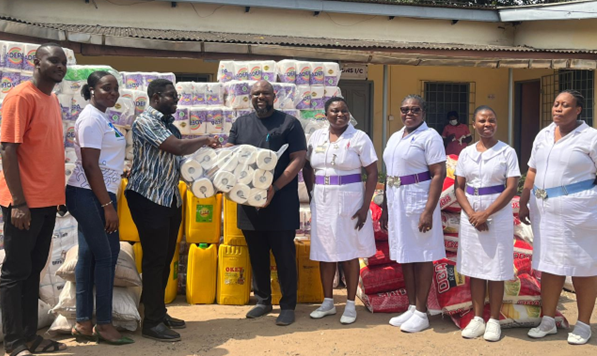Note to Editors: Please find attached soundbite by Dr Roy Jankielsohn, see pictures here, here, here, here, here, here, here, here, and here.
What was hailed as the Operation Hlasela flagship project by former Free State Premier Ace Magashule, has finally sunk.
An oversight visit to the approximately R150 million Diyatalawa Agri-Village project between Harrismith and Kestell in the Free State province has exposed the final destruction of the project. Residents at the village have reverted to trying to survive on what could be scavenged for scrap metal. All the dairy and beef cattle bought by government over many years have been sold or eaten and the orchards are abandoned and dead. A bare skeleton of a once fully equipped dairy parlour remains, and the shed is empty of the farming equipment and vehicles it once housed.
While some people still reside in the 50 houses built for the beneficiary families, and a school and crèche are still functional, the hopes and dreams of an agricultural livelihood outside of poverty are shattered. The few crops planted for them by the government sponsored Mokgolokoeng Farmer Production Support Unit cannot sustain those left, and current input costs such as fuel will make further planting of crops unsustainable.
Former President Jacob Zuma launched the Comprehensive Rural Development Project (CRDP) in 2009 and Diyatalawa was identified as one of the pilot sites for the project due to the extreme poverty of people living there. The CRDP was government’s socialist response to poverty and food insecurity, land redistribution, and the creation of business opportunities for rural women, youth and people with disabilities. Zuma visited Diyatalawa in 2011 and the project was meant to be part of the obviously failed Siyahlola Presidential Monitoring Programme.
Like most other agricultural projects in the Free State, this project has been used, similar to the Vrede Dairy Project, as a financial extraction vehicle to inflate prices and loot at the expense of the beneficiaries. This included the construction of infrastructure that included a small guard house and gate at the cost of R600 000, cattle that were paid for with the sickly animals delivered and an apple orchard on which R10 million was spent with both the expenditure and production being fruitless.
The DA in the Free State legislature exposed the failure of collectivist projects as poor business models and vehicles for corruption over many years. It is only now that money is tight and the effects of corruption on poor people is eventually becoming a focus of public interest that the Free State Department of Agriculture have started to acknowledge the failure of the ideologically-based communist models.
The DA in the Free State believe that the only land reform models that will work are share equity schemes in existing viable enterprises or investment and training in family-based agricultural production units.





















Discussion about this post